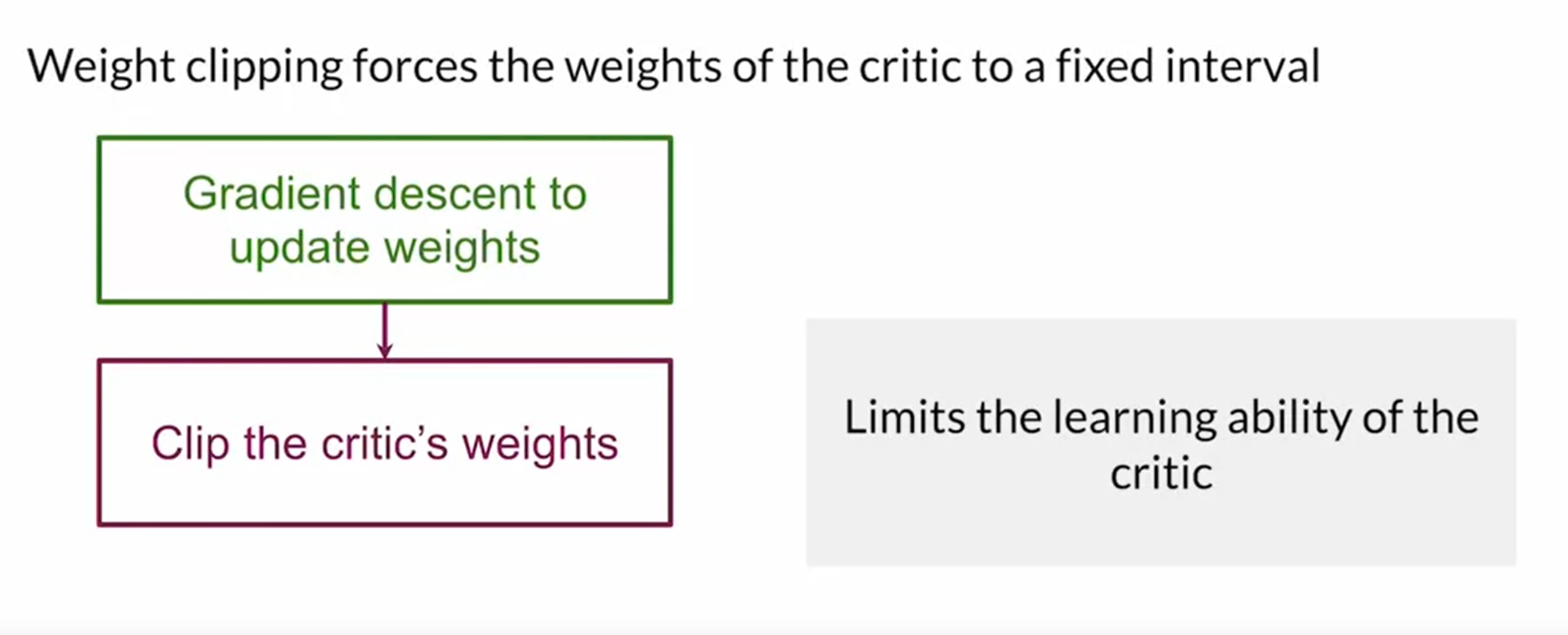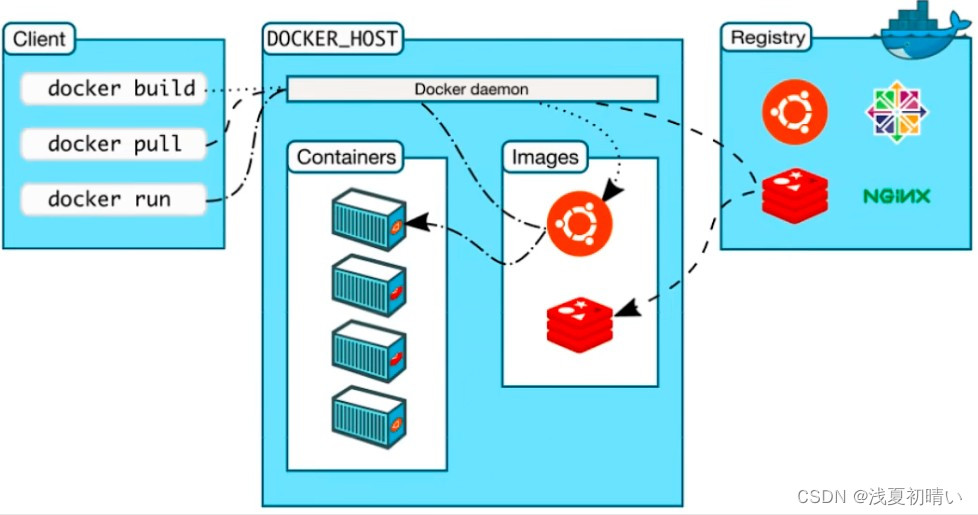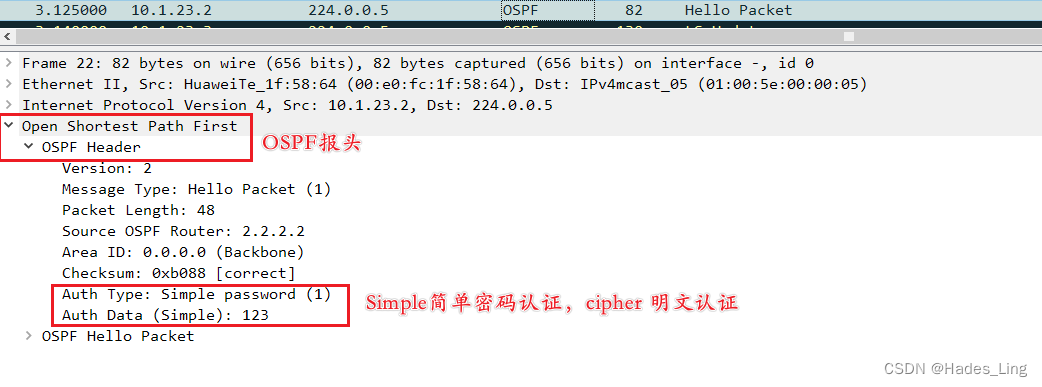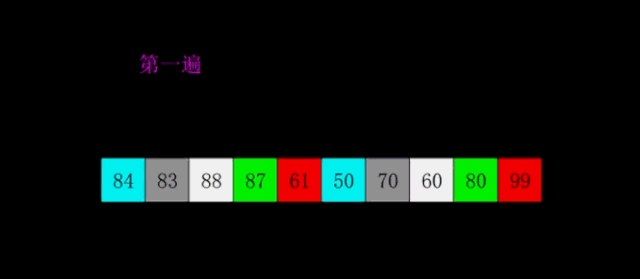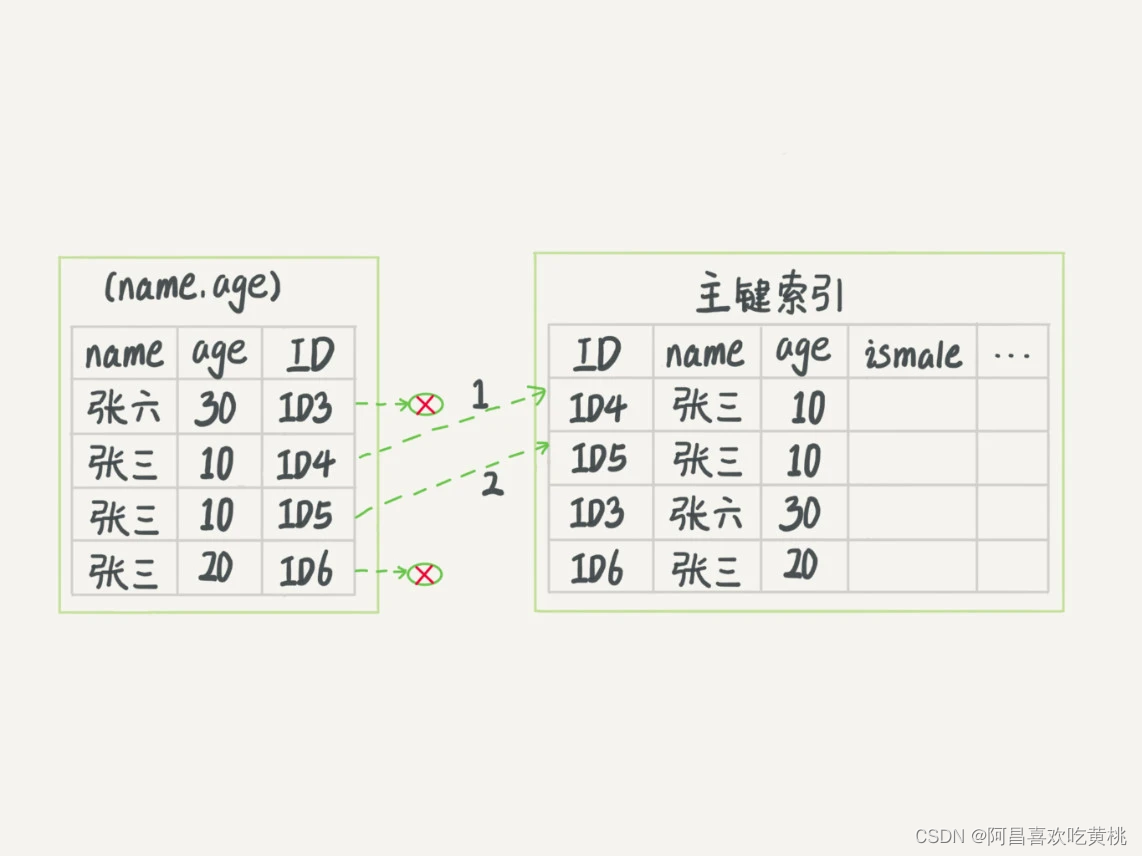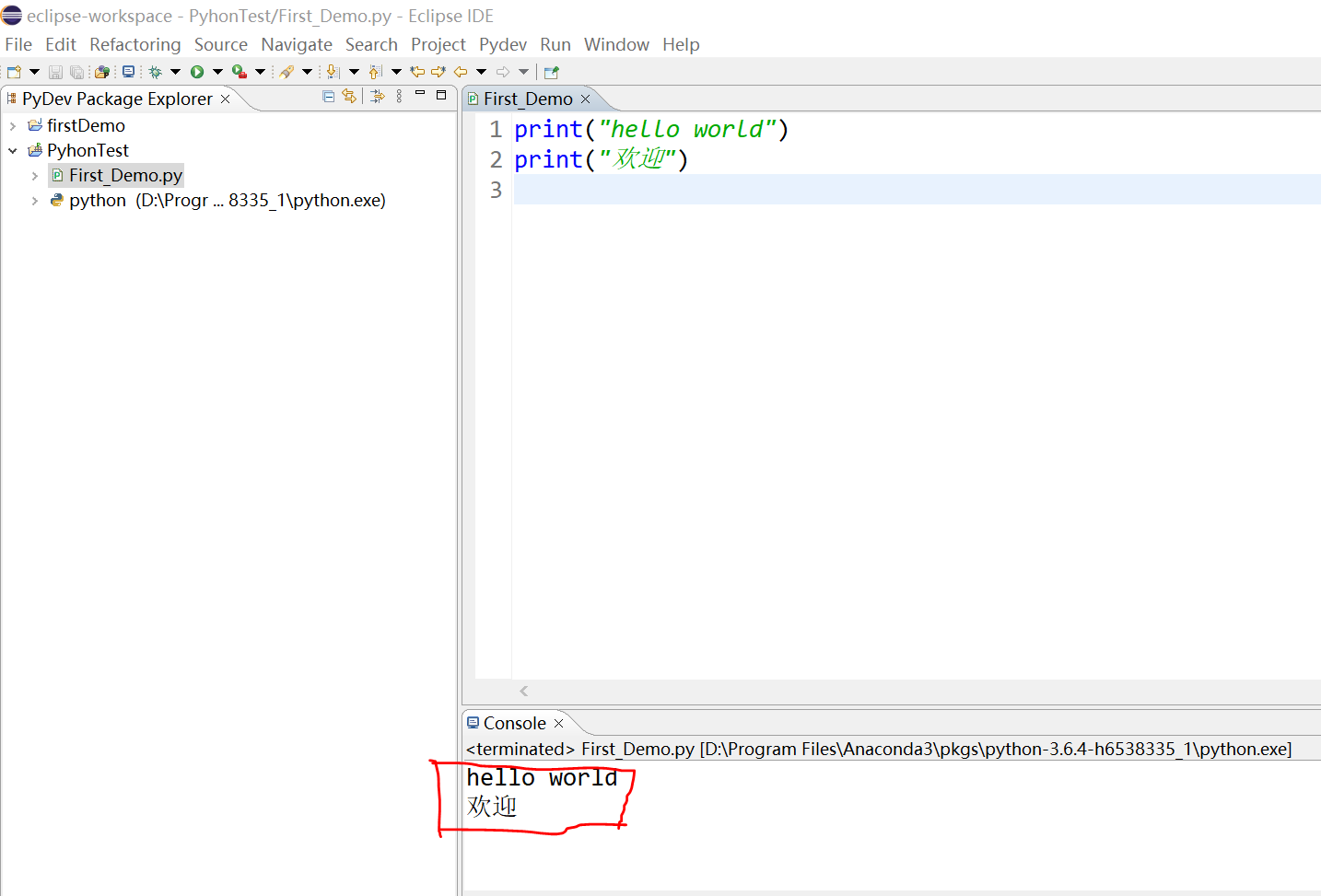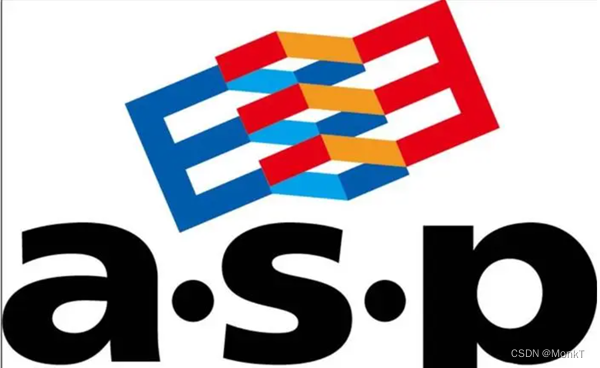目录
5.1
5.2
5.3
5.4
5.1
C++代码:
//Stack.h
#include<vector>
#include<string>
#include<iostream>
using namespace std;
#pragma once
#ifndef _STACK_H_
#define _STACK_H_
typedef string elemType;
class Stack
{
public:
//基类的析构函数设置为虚函数
virtual ~Stack(){};
//纯虚函数
virtual bool pop(elemType& elem)=0;
virtual bool push(const elemType& elem) = 0;
virtual bool peek(int index, elemType& elem) = 0;
virtual int top()const = 0;
virtual int size()const = 0;
virtual bool empty()const = 0;
virtual bool full()const = 0;
virtual void print(ostream& os = cout)const = 0;
friend ostream& operator<<(ostream& os , Stack& rhs);
};
class LIFO_Stack :public Stack
{
private:
vector<elemType> _stack;
int _top; //用于标识当前栈顶的位置
public:
LIFO_Stack(vector<elemType>vec, int top = 0);
virtual bool pop(elemType& elem);
virtual bool push(const elemType& elem);
virtual bool peek(int index, elemType& elem);
virtual int top()const;
virtual int size()const;
virtual bool empty()const;
virtual bool full()const;
virtual void print(ostream& os = cout)const;
};
//Peekback_Stack可以在不更改stack元素的前提下,访问任何一个元素 -- 对成员函数peek进行修改即可,其他成员函数与LIFO_Stack中的基本相同
class Peekback_Stack:public Stack
{
private:
vector<elemType> _stack;
int _top; //用于标识当前栈顶的位置
public:
Peekback_Stack(vector<elemType>vec, int top = 0);
virtual bool pop(elemType& elem);
virtual bool push(const elemType& elem);
virtual bool peek(int index, elemType& elem);
virtual int top()const;
virtual int size()const;
virtual bool empty()const;
virtual bool full()const;
virtual void print(ostream& os = cout)const;
};
#endif
//Stack.cpp
#include"Stack.h"
//Stack
ostream& operator<<(ostream& os, Stack& rhs)
{
rhs.print();
return os;
}
//LIFO_Stack
LIFO_Stack::LIFO_Stack(vector<elemType>vec, int top)
{
_top = top;
_stack = vec;
}
bool LIFO_Stack::pop(elemType& elem)
{
if (empty())
{
cout << "栈为空" << endl;
return false;
}
else
{
//_top所指的为栈的最高且未插入元素的地方,所以 --_top所指示的地方才是此时栈的最后一个元素
elem = _stack[--_top];
_stack.pop_back();
return true;
}
}
bool LIFO_Stack::push(const elemType& elem)
{
if (full())
{
cout << "栈已满" << endl;
return false;
}
else
{
_stack.push_back(elem);
_top++;
return true;
}
}
bool LIFO_Stack::peek(int index, elemType& elem)
{
return false;
}
int LIFO_Stack::top()const
{
return _top;
}
int LIFO_Stack::size()const
{
return _stack.size();
}
bool LIFO_Stack::empty()const
{
if (_top ==0)
{
return true;
}
return false;
}
bool LIFO_Stack::full()const
{
if (_stack.size() == _stack.max_size())
{
return true;
}
return false;
}
void LIFO_Stack::print(ostream& os)const
{
os << "栈中的元素:" << endl;
for (int i = 0; i < _stack.size(); i++)
{
os << _stack[i]<<" ";
}
os << endl;
os << "栈的大小:" << size() << endl;
os << "栈指针此时的位置:" << top() << endl;
}
//Peekback_Stack
Peekback_Stack::Peekback_Stack(vector<elemType>vec, int top)
{
_top = top;
_stack = vec;
}
bool Peekback_Stack::pop(elemType& elem)
{
if (empty())
{
cout << "栈为空" << endl;
return false;
}
else
{
//_top所指的为栈的最高且未插入元素的地方,所以 --_top所指示的地方才是此时栈的最后一个元素
elem = _stack[--_top];
_stack.pop_back();
return true;
}
}
bool Peekback_Stack::push(const elemType& elem)
{
if (full())
{
cout << "栈已满" << endl;
return false;
}
else
{
_stack.push_back(elem);
_top++;
return true;
}
}
bool Peekback_Stack::peek(int index, elemType& elem)
{
if (index > _top)
{
return false;
}
else
{
elem = _stack[index];
return true;
}
}
int Peekback_Stack::top()const
{
return _top;
}
int Peekback_Stack::size()const
{
return _stack.size();
}
bool Peekback_Stack::empty()const
{
if (_top == 0)
{
return true;
}
return false;
}
bool Peekback_Stack::full()const
{
if (_stack.size() == _stack.max_size())
{
return true;
}
return false;
}
void Peekback_Stack::print(ostream& os)const
{
os << "栈中的元素:" << endl;
for (int i = 0; i < _stack.size(); i++)
{
os << _stack[i]<<" ";
}
os << endl;
os << "栈的大小:" << size() << endl;
os << "栈指针此时的位置:" << top() << endl;
}
//main.cpp
#include"Stack.h"
int main()
{
string arr[3] =
{
"GodFishhh",
"AFish",
"Fish"
};
vector<string>vec(arr, arr + 3);
LIFO_Stack Lifo(vec,vec.size());
Peekback_Stack Peek(vec,vec.size());
//测试LIFO_Stack类的data member
cout << "Lifo:" << endl;
cout << Lifo << endl;
cout << "经过push后:" << endl;
Lifo.push("RubFish");
cout << Lifo << endl;
cout << "经过pop后:" << endl;
string temp;
Lifo.pop(temp);
cout << Lifo << endl;
cout << "pop出的元素为:" << temp << endl;
cout << "---------------------" << endl;
//测试Peekback_Stack类的data member
cout << "Peek:" << endl;
cout << Peek << endl;
cout << "经过push后:" << endl;
Peek.push("DogFish");
cout << Peek << endl;
cout << "经过pop后:" << endl;
Peek.pop(temp);
cout << Peek << endl;
cout << "pop出的元素为:" << temp << endl;
cout << "使用Peekback_Stack类额外的peek()函数" << endl;
string temp1;
Peek.peek(0, temp1);
cout << "peek出的元素为:" << temp1 << endl;
system("pause");
return 0;
}程序运行结果:
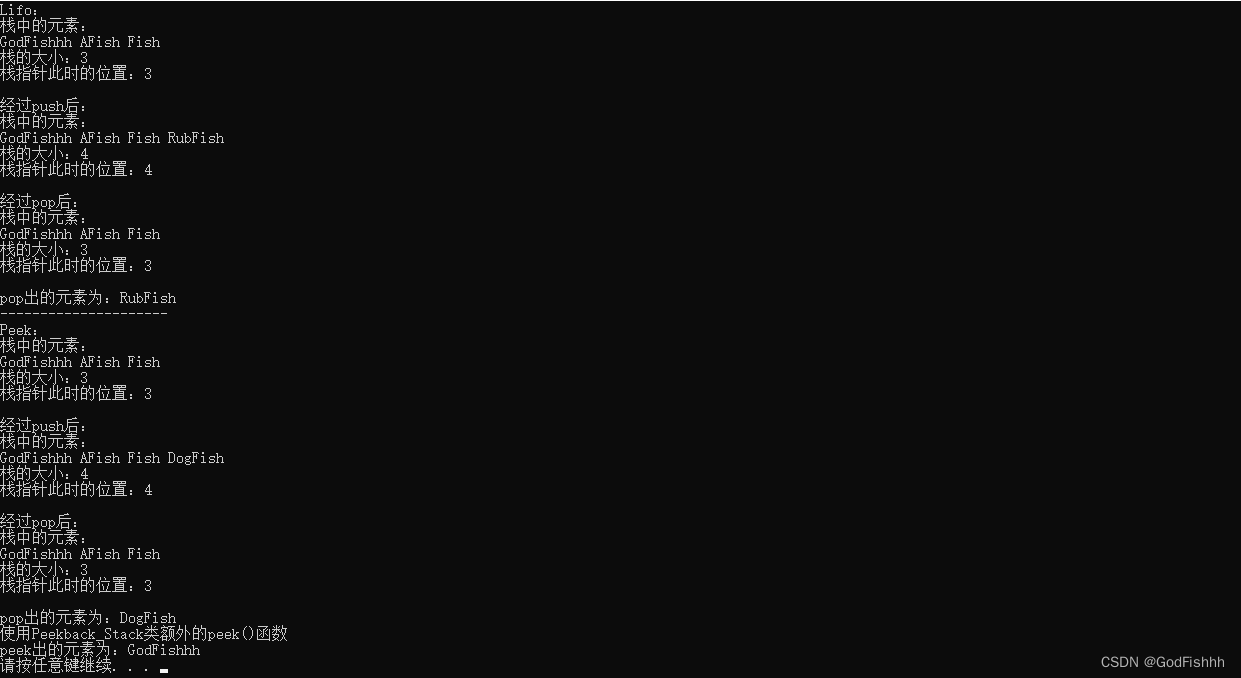
5.2
C++代码:
//Stack.h
#include<vector>
#include<iostream>
#include<string>
using namespace std;
typedef string elemType;
#ifndef _STACK_H_
#define _STACK_H_
#pragma once
class Stack
{
public:
//基类的析构函数设置为虚函数
virtual ~Stack() {};
//纯虚函数
Stack(vector<elemType>vec, int top = 0);
bool pop(elemType& elem);
bool push(const elemType& elem);
int top()const;
int size()const;
bool empty()const;
bool full()const;
void print(ostream& os = cout)const;
friend ostream& operator<<(ostream& os, Stack& rhs);
//唯一在派生类中实现功能不同的函数
virtual bool peek(int index, elemType& elem) = 0;
protected:
vector<elemType>_stack;
int _top;
};
class LIFO_Stack :public Stack
{
public:
LIFO_Stack(vector<elemType>vec, int top = 0) :Stack(vec, top) {};
//派生类一定要实现抽象基类的纯虚函数才可以创建对象
virtual bool peek(int index, elemType& elem) { return false; };
};
class Peekback_Stack :public Stack
{
public:
Peekback_Stack(vector<elemType>vec, int top = 0) :Stack(vec, top) {};
virtual bool peek(int index, elemType& elem)
{
{
if (index > Stack::_top)
{
return false;
}
else
{
elem = _stack[index];
return true;
}
}
}
};
#endif
//Stack.cpp
#include"Stack.h"
//Stack
ostream& operator<<(ostream& os, Stack& rhs)
{
rhs.print();
return os;
}
Stack::Stack(vector<elemType>vec, int top)
{
_top = top;
_stack = vec;
}
bool Stack::pop(elemType& elem)
{
if (empty())
{
cout << "栈为空" << endl;
return false;
}
else
{
//_top所指的为栈的最高且未插入元素的地方,所以 --_top所指示的地方才是此时栈的最后一个元素
elem = _stack[--_top];
_stack.pop_back();
return true;
}
}
bool Stack::push(const elemType& elem)
{
if (full())
{
cout << "栈已满" << endl;
return false;
}
else
{
_stack.push_back(elem);
_top++;
return true;
}
}
bool Stack::peek(int index, elemType& elem)
{
return false;
}
int Stack::top()const
{
return _top;
}
int Stack::size()const
{
return _stack.size();
}
bool Stack::empty()const
{
if (_top == 0)
{
return true;
}
return false;
}
bool Stack::full()const
{
if (_stack.size() == _stack.max_size())
{
return true;
}
return false;
}
void Stack::print(ostream& os)const
{
os << "栈中的元素:" << endl;
for (int i = 0; i < _stack.size(); i++)
{
os << _stack[i] << " ";
}
os << endl;
os << "栈的大小:" << size() << endl;
os << "栈指针此时的位置:" << top() << endl;
}
//main.cpp
//main.cpp
#include"Stack.h"
int main()
{
string arr[3] =
{
"GodFishhh",
"AFish",
"Fish"
};
vector<string>vec(arr, arr + 3);
LIFO_Stack Lifo(vec, vec.size());
Peekback_Stack Peek(vec, vec.size());
//测试LIFO_Stack类的data member
cout << "Lifo:" << endl;
cout << Lifo << endl;
cout << "经过push后:" << endl;
Lifo.push("RubFish");
cout << Lifo << endl;
cout << "经过pop后:" << endl;
string temp;
Lifo.pop(temp);
cout << Lifo << endl;
cout << "pop出的元素为:" << temp << endl;
cout << "---------------------" << endl;
//测试Peekback_Stack类的data member
cout << "Peek:" << endl;
cout << Peek << endl;
cout << "经过push后:" << endl;
Peek.push("DogFish");
cout << Peek << endl;
cout << "经过pop后:" << endl;
Peek.pop(temp);
cout << Peek << endl;
cout << "pop出的元素为:" << temp << endl;
cout << "使用Peekback_Stack类额外的peek()函数" << endl;
string temp1;
Peek.peek(0, temp1);
cout << "peek出的元素为:" << temp1 << endl;
system("pause");
return 0;
}程序运行结果:

5.3
1.是is-a关系
2.不是is-a关系
3.是is-a关系
4.是is-a关系
5.不是is-a关系,应当为has-a关系,卡车有一个(has-a)引擎
6.是is-a关系
7.是is-a关系
8.不是is-a关系
9.不是is-a关系,借书人是图书馆的成分(component)
5.4
继承体系(每次缩排都代表一个继承关系):
library_lending_material
book
audio book
rental book
CD-ROM book
children's puppet
record
video
video game
Sege
Sony playstation
Nintendo


